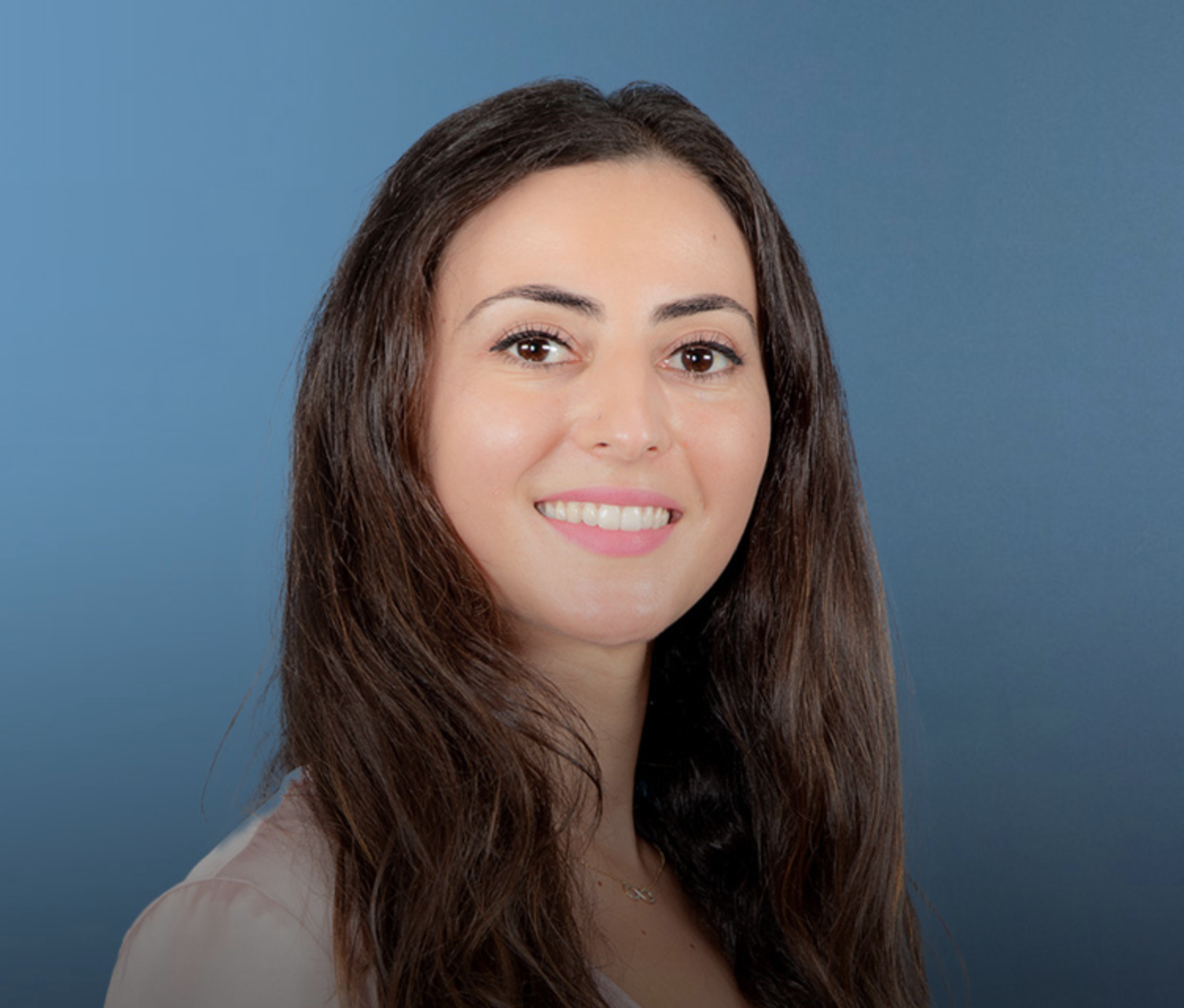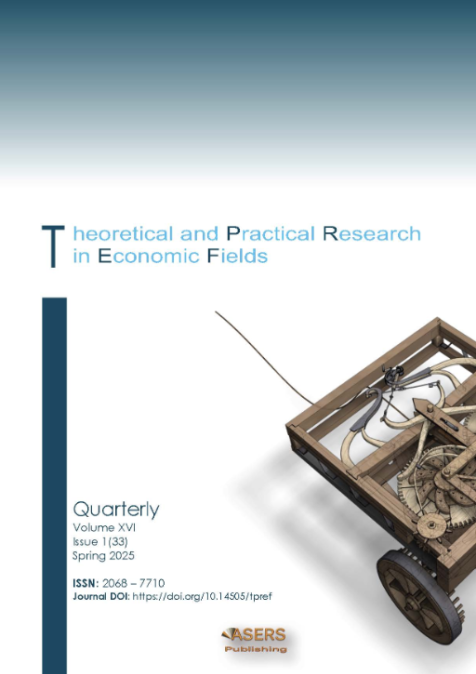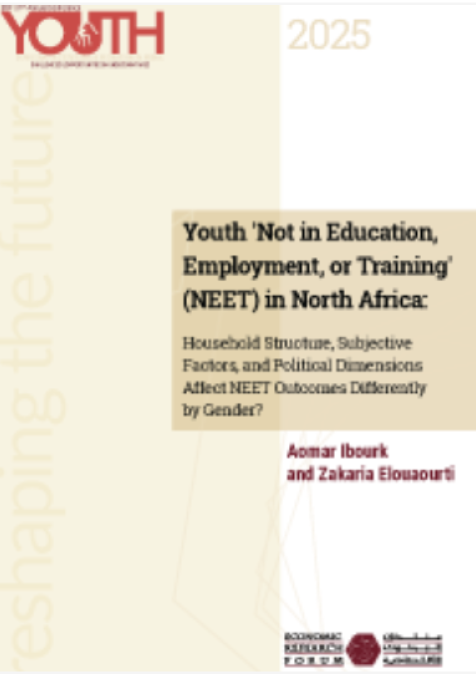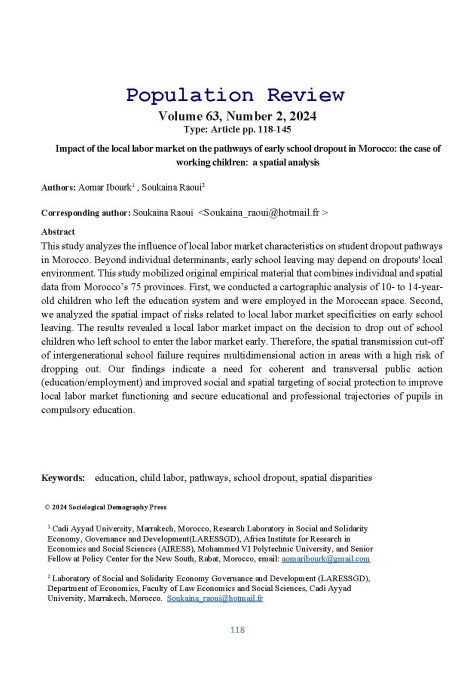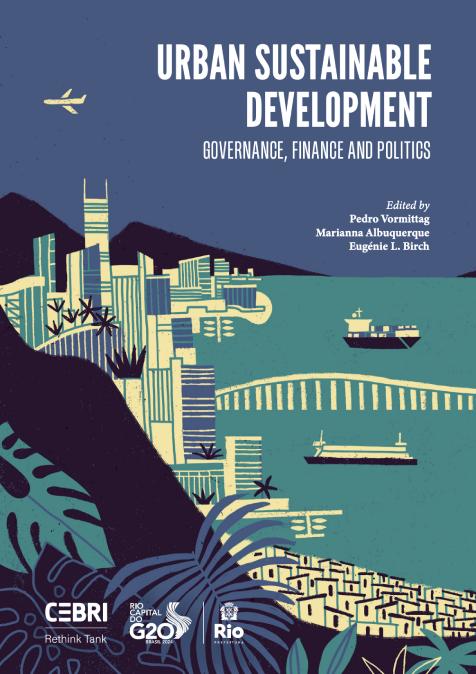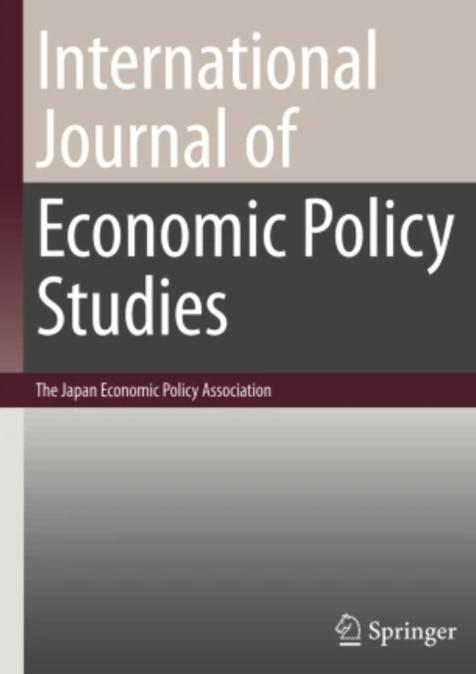Purpose Driven Companies and the Regulation of the Fourth Sector : Morocco Case study
Purpose-Driven Companies are companies with dual business objective as they seek to be financially profitable, and tackle social and environmental issues at the same time. They play a significant role in advancing the 2030 Sustainable Development Goals (SDGs) but their development in the region is still constrained by regulations dedicated mainly for traditional companies that only aim to maximize profits in the short term. The Policy Center for The New South (PCNS) joined an inter-institutional effort between the Ibero-American General Secretariat (SEGIB), the United Nations Development Program (UNDP) and the International Development Research Centre (IDRC) in an international research project called ‘’Purpose-driven companies and the regulation of the Fourth Sector in Ibero-America’’. As this project grew to cover countries outside of Ibero-America, the PCNS was invited to write a chapter about the Moroccan jurisdiction. This webinar will present the Morocco Jurisdictional Report, written by two of the PCNS’ in-house experts: Ahmed Ouhnini and Abdelaaziz Ait Ali, under the guidance of Juan Diego Mujica Filippi, project coordinator and alumnus of the Atlantic Dialogues Emerging Leaders program.

